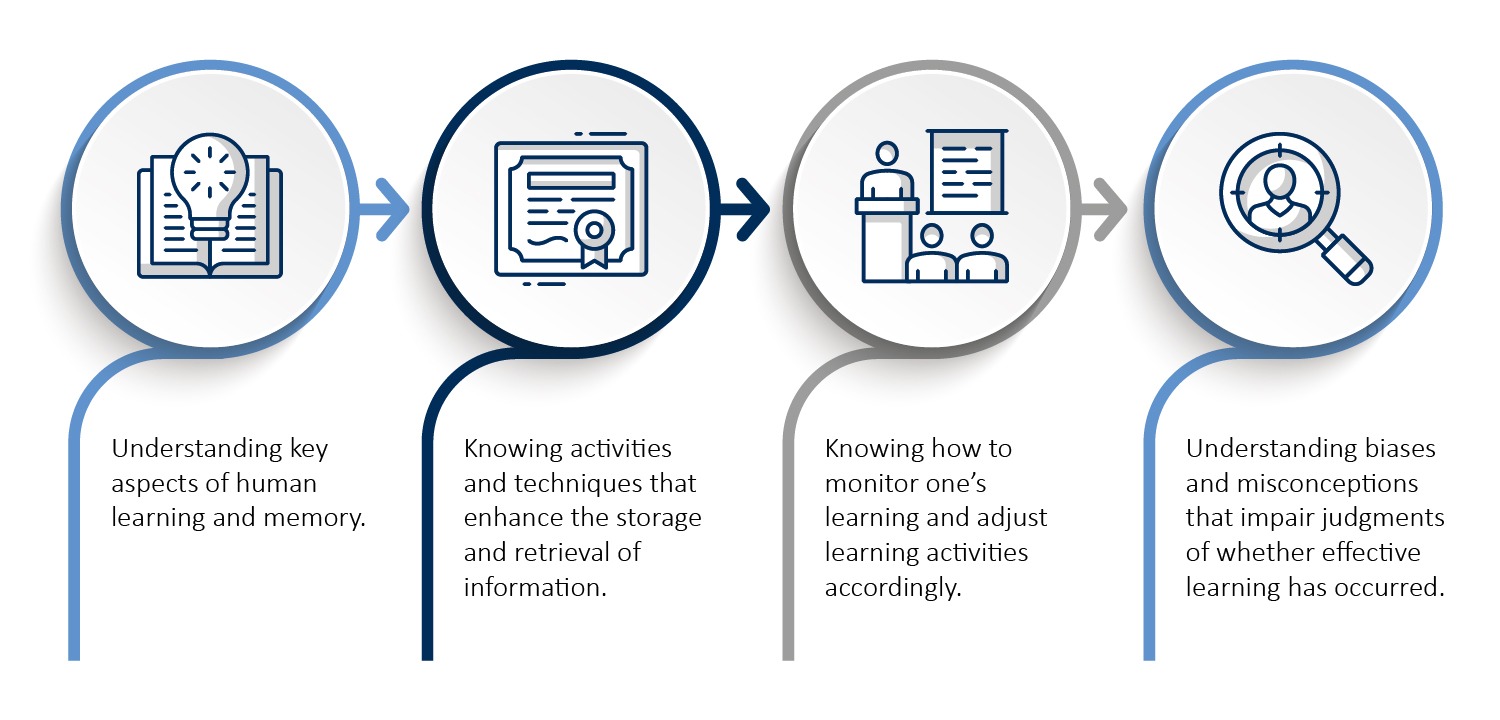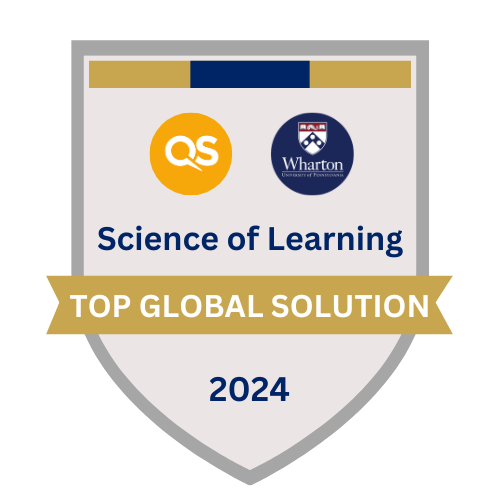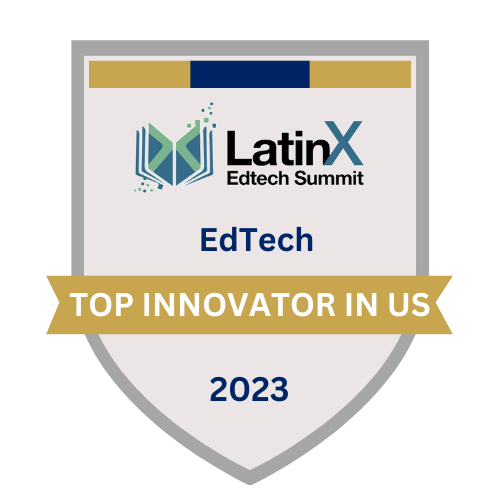Self-Regulated Learners
Sophisticated Learners are Self-Regulated Learners
21st Century Survival Skill
Importance
If schools are in the business of educating their students to enable their career success, then teaching their students to learn is paramount. Students who graduate from school unaware of how they learn and without being taught explicitly the scientific principles that underpin learning success, are guilty of educational malpractice. We know that students must become independent lifelong learners if they are to compete in a rapidly changing and knowledge-based workforce.
Self Regulated Learning: 21st Century Survival Skill
Traditional schooling often prepares students for traditional jobs that are quickly disappearing to automation, driven by technological advances. A 21st century economy requires that employees continuously adapt and evolve their knowledge and skills for the jobs that emerge. New knowledge accumulates so quickly, and industries change so rapidly, traditional education paths can't keep pace. Due to the rapid pace of change in an increasingly globalized and competitive workplace today’s students will not be competitive tomorrow based on what they learn in school, but rather on how capable they are in learning the skills the jobs of the future will demand. Self-directed and self-regulated learning is required to compete in today’s workplace. Therefore, schools must meet this reality to properly serve their students.
Self Regulated Learning
There is arguably no skill more valuable than managing one’s learning process and what a student requires from an education has evolved more quickly than schools have adapted. Even at a very young age, self-monitoring and other metacognitive skills can be cultivated, and research suggests this is one of the most critical skills for any learner to possess. As students gain keen insight into their learning process, they become self-regulated learners capable of managing their own learning. The advantages of this self-regulated learning begin in the classroom, where a student is shaped by their experience with learning that is measured by his or her ability to comprehend, retain and apply the knowledge he or she accumulates. In order to be a self-regulated learner, one must actively plan and monitor one’s learning. This includes understanding one’s own cognitive strengths and weaknesses, being a good judge of when something is learned and when it is not, evaluating one’s efforts in an ongoing way, and reflecting on one’s efforts after completing tasks or receiving feedback. However, research suggests that most of us are poor judges of our own learning process. In other words, we are not very good at knowing when we are learning and when we are not. When what we are doing does not feel productive, we move on to something that does feel effective. The problem is that despite possible good intentions, strategies that feel effective often are not, and in fact lead to a harmful habit of mistaking “familiarity” with “knowing”. This common misconception often leads to suboptimal academic performance, which can frustrate the learner and sabotage the learning process. This sets into motion a negative experience that will likely continue to repeat itself if it is not interrupted. In other words, the complex learning process is fraught with peculiarities, and at the same time, our beliefs and attitudes are inclined to work against us.
Success Criteria
Dr. Robert Bjork and colleagues identified a set of four essential criteria for a student to become sophisticated learners:

Researchers estimate fewer than 1 in 20 children are explicitly taught how to learn effectively while in school. Similarly, most teachers are not trained on the science of learning, which limits their ability to develop self-regulated learners.
COGx & Developing Sophisticated Learners
Every COGx service is designed to develop sophisticated learners. Our online professional development for educators (Developing Sophisticated Learners) distills and translates the science of learning into practical guidance for educators to apply to how they teach their academic content. Our online course for students (Becoming Sophisticated Learners) is designed to guide students to develop into effective learners who understand how they learn, master strategies to learn effectively and are capable of monitoring their own learning.
Meanwhile, our clinical programs are individualized to target the appropriate skills for every student, the end goal of every program is to develop a self-directed and self-regulated learner. This is done by evaluating the Metacognitive strengths and weaknesses of the learner and designing a program around the student to support their ability to plan, monitor, control, and assess their learning. Goals are designed with the student in mind, and exercises can be customized in myriad ways to meet the uniqueness of the learner–both by modifying for a weakness or to leverage a strength.




